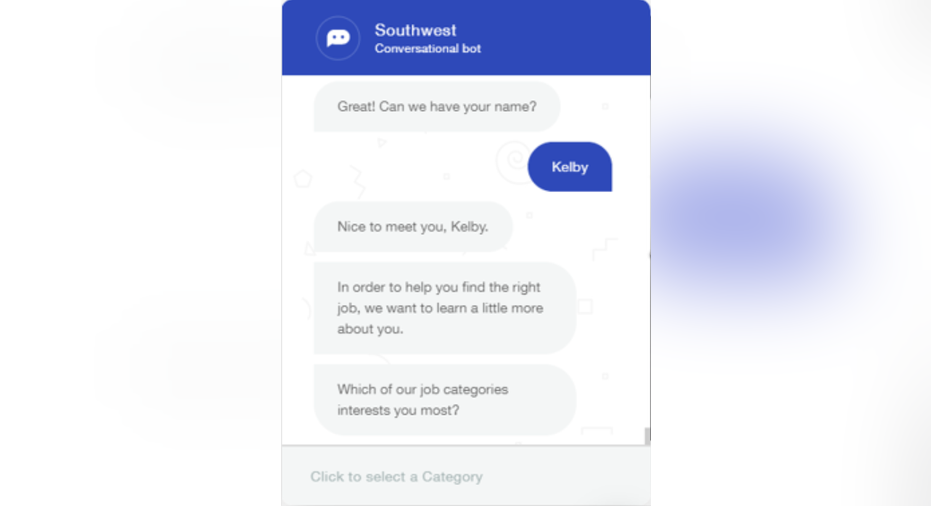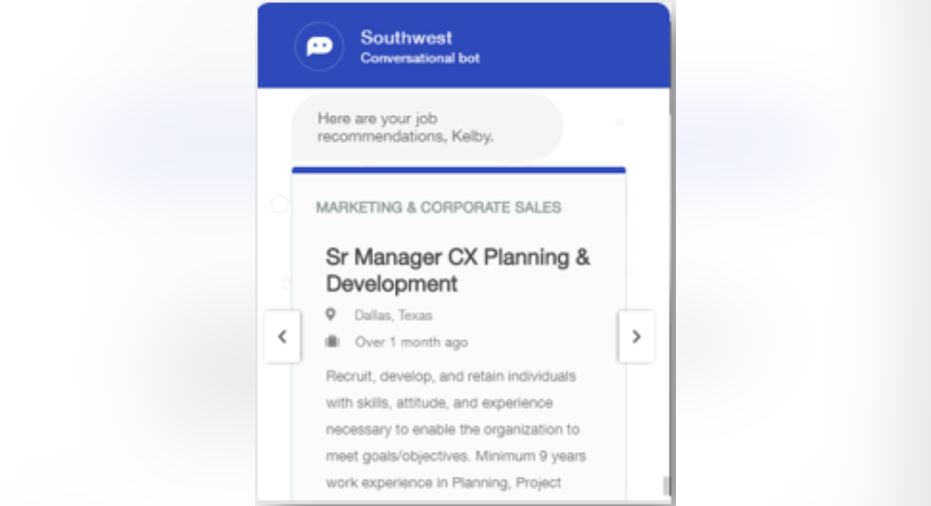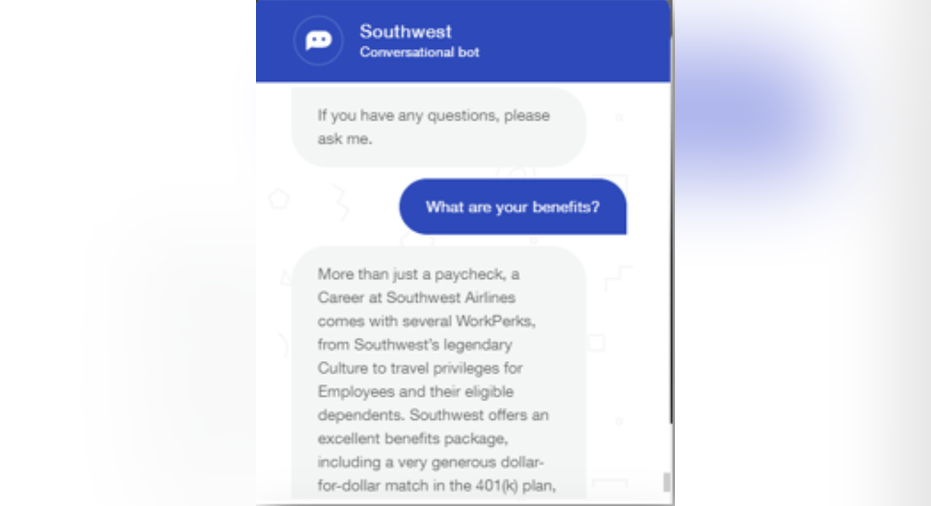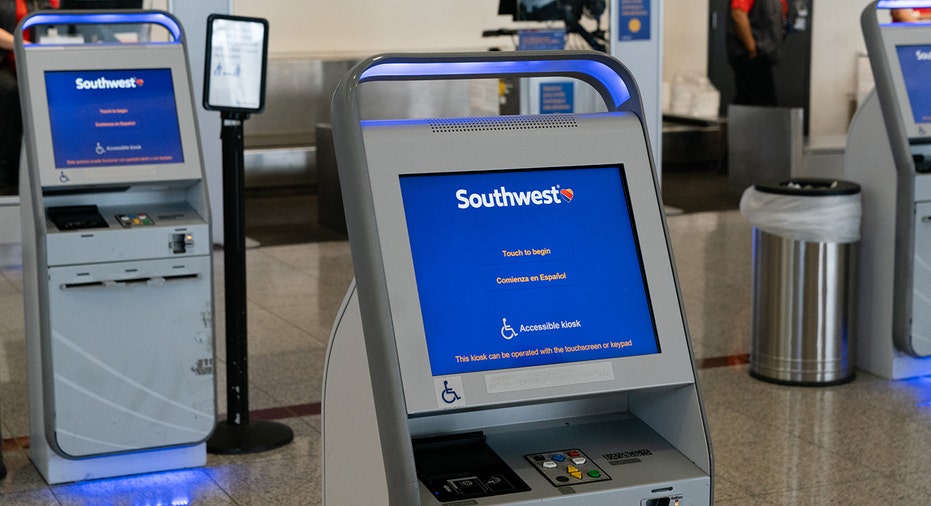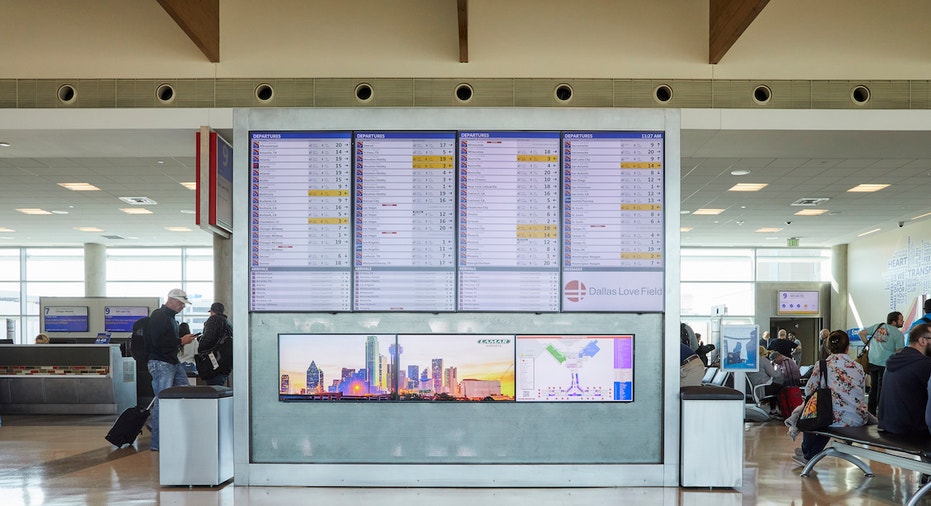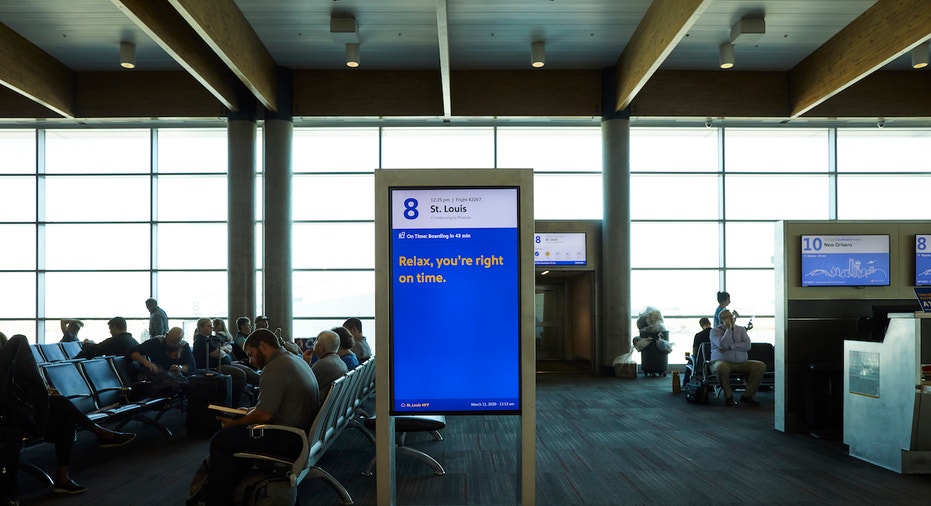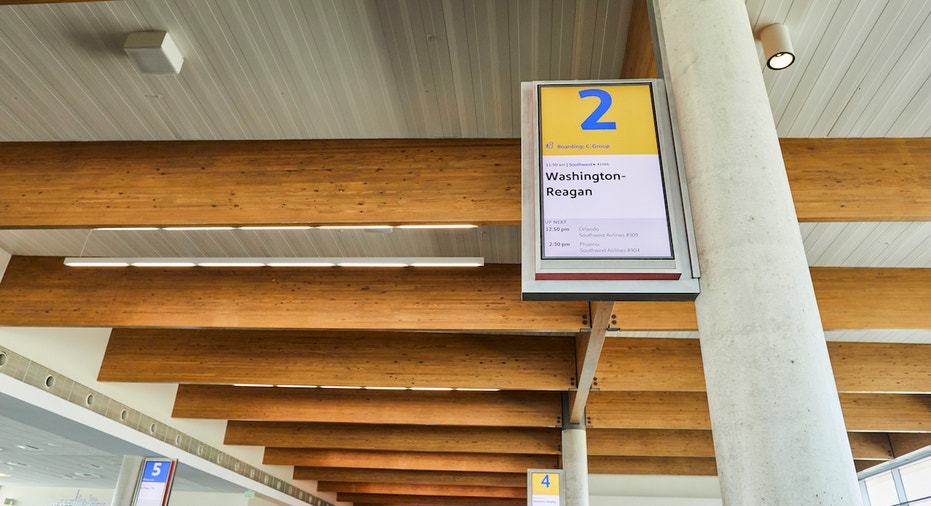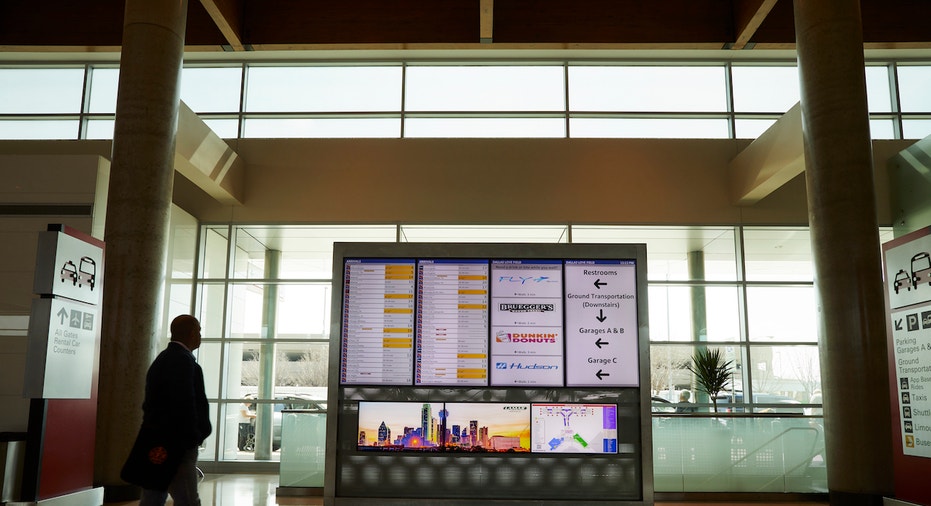Southwest Airlines implements automation amid labor shortage, recruiting challenges
Southwest's average qualified applicants, or candidates who meet the basic job requirements, have fallen from 42 to 14 per hire since 2019
Businesses struggling to accommodate rise in travel
FOX Business' Ed Lawrence talks with Dry 85 owner Brian Bolter about the latest obstacle restaurant owners are facing.
In an effort to fight back against a labor shortage impacting the travel industry, Southwest Airlines has incorporated automation into its recruiting process to create a more efficient and personalized approach to help potential candidates find job opportunities.
AIRLINES' LATEST TROUBLES: UNRULY PASSENGERS DRINKING, SMOKING, REFUSING TO WEAR MASKS
Southwest's director of talent acquisition, Greg Muccio, told FOX Business that, while the airline did not have to furlough or lay off any of its employees during the COVID-19 pandemic, there are approximately 4,000 open positions as of Monday, including flight attendants and gate agents.
"We're seeing a lot of the same things as everybody else," Muccio said. "The number of applications for summer roles or per hire are down significantly."
According to Muccio, the airline had an average of about 42 "qualified applicants" per hire, or candidates who meet the basic job requirements, prior to the COVID-19 pandemic in 2019. Now, Muccio says that number has fallen to an average of about 14 qualified applicants per hire.
"My team is having to work three times as hard for the same result," Muccio adds.
Southwest recruiters' average "speed to offer" is currently about 42 days, compared to about 30 days in 2019, which Muccio attributes to demand. He hopes automation of some burdensome administrative tasks will reduce the time it takes to interview candidates and make a contingent offer to an average of about 21 days or lower, depending on the role.
GET FOX BUSINESS ON THE GO BY CLICKING HERE
In order to help the recruiting team, Southwest has created an automated chatbot to answer potential job candidates' role-related questions 24/7 using a software platform from Phenom People Inc. The chatbot can also help recruiters keep in touch with candidates and update them on their application status.
"If you're working, we need to make sure that you can interact with us but when it's convenient for you, not when it's convenient for us," Muccio said. "If there is a very simple question that you can get answered at midnight on a Saturday, because that's when you're off work or whatever your situation is, I'm not going to be staffed to be able to support that. But if you can go on and get some simple questions answered of whether or not that might be the right role, that's huge."
Photo courtesy of Southwest
Muccio believes that automation has complemented the work of Southwest recruiters, despite public concerns that automation will replace human workers.
"It frees up my team to do more high-quality touch [recruiting] with our candidates. Not replacing them," Muccio said. "Most HR and most TA groups, to staff up to like handle all of that, we just can't do. You either can't move as fast as you need to or can't get to as many people and this just allows us to do both of those things and have my team then focused on what I would call higher impact action items, including talking to people in more depth about themselves and the role versus, you know, answering questions like ‘what are the hours’ and 'what's the starting pay?'"
In 2020 alone, Southwest's chatbot handled over 1 million interactions with potential candidates.
"If it would have been someone on my team needing to do that, the average range of time we would have spent with that person was anywhere from one to five minutes," Muccio notes. "So if you break that down into hours of time, I think that's a range of like 18,000 to 92,000 man-hours that we didn't have to try and staff for."
However, Muccio acknowledges that he still has more trust in his colleagues over any robot to handle the majority of candidate interactions, noting they deliver "incredible hospitality" and have "an enormous sense of pride in hiring the right individuals for Southwest."
Additional automated features that the airline's recruiting team hopes to roll out in the coming months to further streamline the process include text notifications, a self-scheduling tool and a "more robust" video interviewing tool.
A Southwest Airlines check-in kiosk at Hartsfield-Jackson Atlanta International Airport in Atlanta, Georgia, U.S., on Thursday, April 8, 2021. Photographer: Elijah Nouvelage/Bloomberg via Getty Images
Besides recruiting, Southwest has rolled out self-service kiosks to expedite the check-in process for its flights, though Muccio emphasized that the airline's employees are still available to help customers who need additional assistance.
At Dallas Love Airport, Southwest also introduced automated "digital wayfinding," which can tell passengers where their flight is, how far along the boarding process is, and even how long it will take passengers to walk to their flight's gate.
CLICK HERE TO READ MORE ON FOX BUSINESS
Looking ahead, Muccio believes that automation will continue to become more mainstream as the economy continues to reopen.
"I think all organizations will be forced to look at this to say, ‘hey, what are the things that we have maybe relied on that are just truly burdensome and administrative things … Is there automation that I can use to maintain the quality of service?’" Muccio warns. "I think you'll see it across lots of things, not just in recruiting."
| Ticker | Security | Last | Change | Change % |
|---|---|---|---|---|
| LUV | SOUTHWEST AIRLINES CO. | 54.25 | +1.75 | +3.33% |
| MCD | MCDONALD'S CORP. | 327.16 | +3.68 | +1.14% |
| AMZN | AMAZON.COM INC. | 210.32 | -12.37 | -5.55% |
McDonald's CEO Chris Kempczinski announced earlier this month that the fast food giant is testing an automated drive-thru ordering system at 10 Chicago locations. Meanwhile, Amazon recently unveiled four automated warehouse robots being developed to reduce workplace injuries and opened its first Fresh location on Tuesday with a cashierless checkout feature.






















